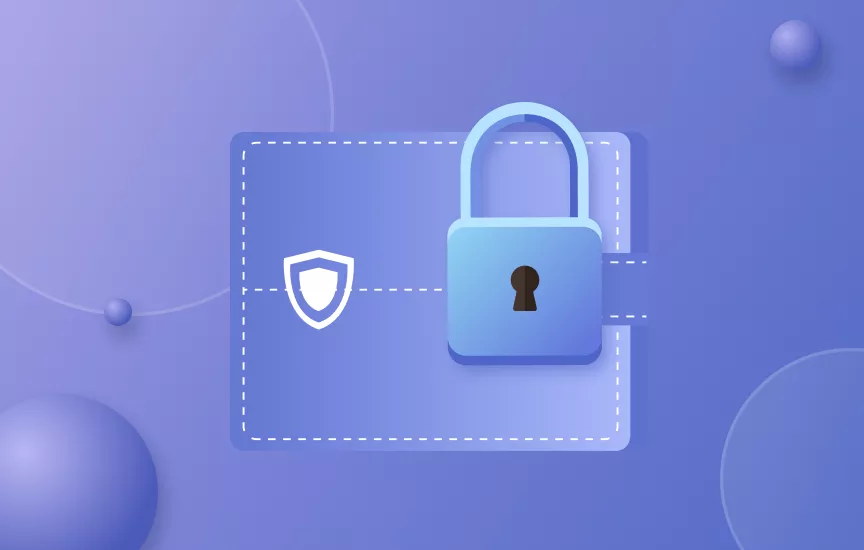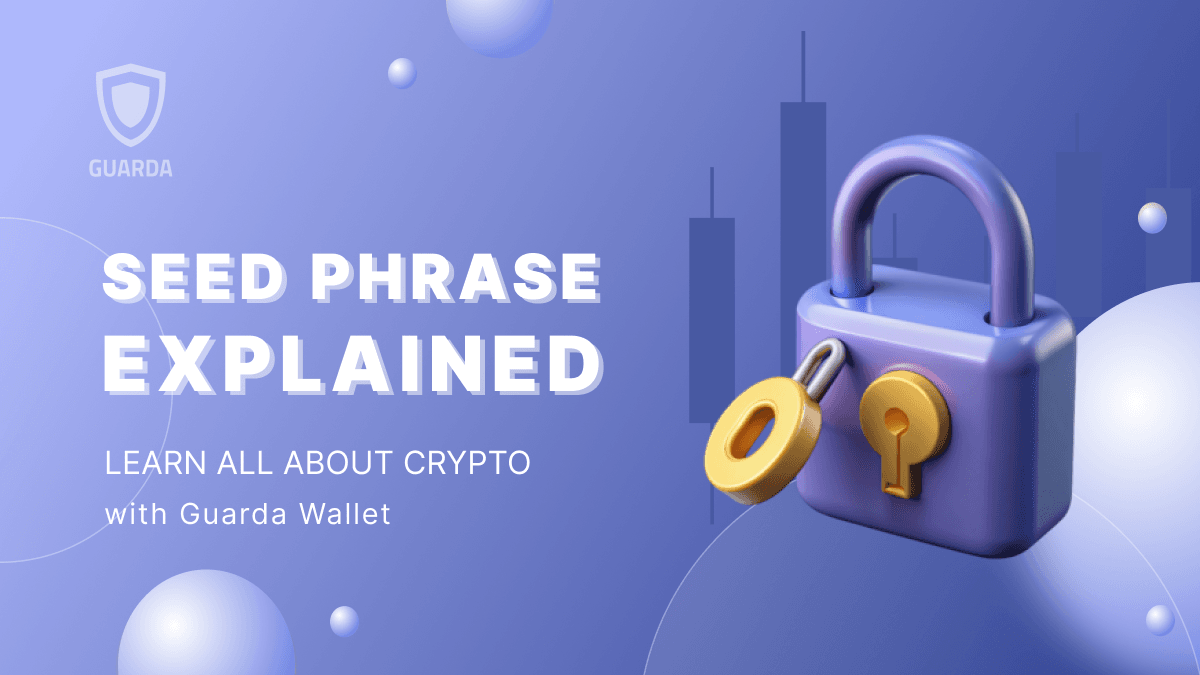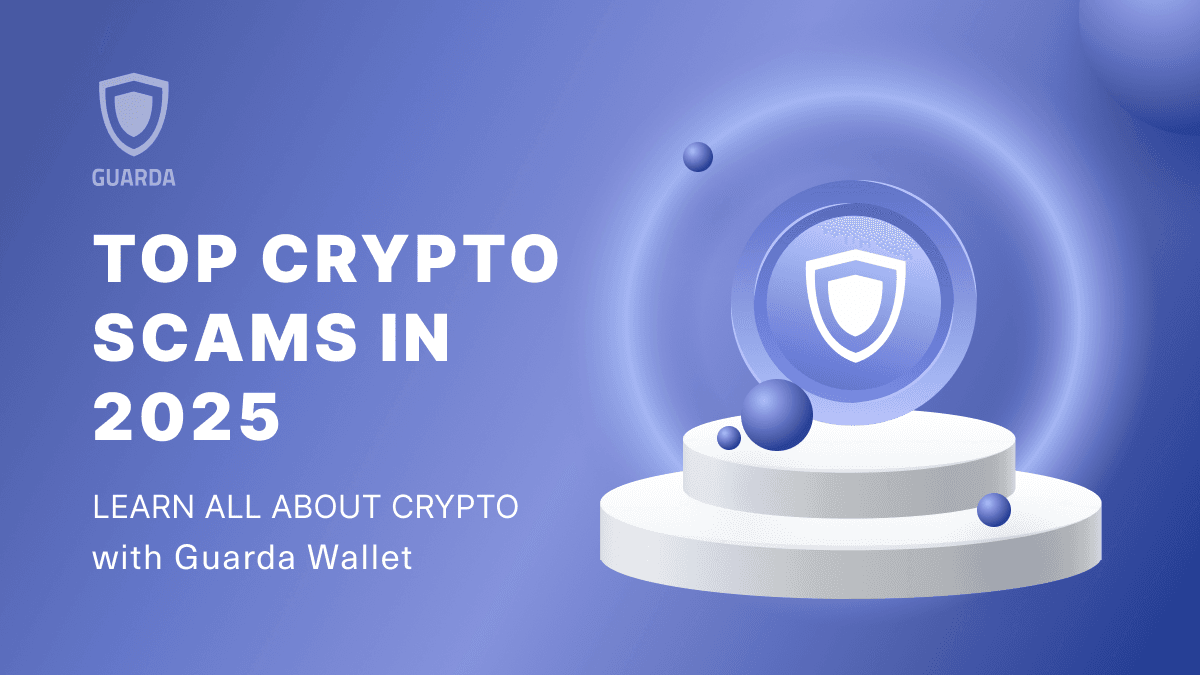Each day, new investors enter into the crypto world whether to buy their first BTC or transact the altcoins. There are various questions on how to start on the journey and the safety of their assets since with any form of financial activity, security is a top concern. A wallet is a go-to choice to safely hold and manage your cryptocurrency, and not just any wallet, but a self-custody wallet.
While there are many different types of cryptocurrency wallets available, self-custody wallets provide a higher level of security for crypto enthusiasts. But what exactly is a self-custody wallet and what is it about? The questions will be answered as you read on. We will give an overview of self-custody wallets, and explore the benefits and potential drawbacks of self-custody wallets, among others.
Key Takeaways
- Self-custody wallets allow users to store their cryptocurrency assets securely on their own devices, without relying on a third party to manage their funds.
- Self-custody wallets provide users with a private key, which is used to sign transactions and protect their assets from unauthorized access.
- Owning a self-custody wallet offers users the freedom to store and manage their cryptocurrencies without the need to go through complex verification processes, which is common in traditional exchanges.
- However, with this freedom comes great responsibility. It is important to take steps to secure your self-custody wallet, including using strong passwords and storing your private key in a safe and secure location.
What Is a Self-Custody Wallet?
A self-custody wallet, also known as a non-custodial wallet, is a type of device, tool, or program that allows users to store and manage cryptocurrencies without relying on a third party to hold their private keys. This is in contrast to custodial wallets, which store users’ private keys on their behalf, self-custody wallets grant users complete control over their private keys and, consequently, their digital assets.
Self-custody wallets do not store your funds on a server but instead, store them on the blockchain. This defining feature means that only the user possesses the private key—a long string of randomly generated characters—associated with their public address. This can make it much harder for hackers to steal users’ funds since they are fully in charge of managing their keys. Furthermore, it is the safest option for people who prefer self-reliance and independence when it comes to storing and accessing their digital currencies.
Types of Self-Custody Wallets
- Software wallets: These are digital wallets that come in the form of a program or application users can install on their desktop and mobile devices or access through the internet to store their private keys. Types of software wallets include:
- Desktop wallets: These are usually desktop applications that run on a personal computer. They allow users to store their private keys securely on their computers and manage their digital assets.
- Mobile wallets: Mobile wallets are smartphone applications that allow users to manage their digital assets on the go. They offer similar functionalities to desktop wallets but with the added convenience of being able to access your assets from anywhere with your smartphone.
- Web wallets: These wallets are accessible through internet browsers and provide a user-friendly interface for managing cryptocurrencies. However, users need to ensure they choose a secure web wallet that doesn’t store their private keys on its servers.
Guarda is a good example of a software wallet and it is available on all three platforms for users.
-
Hardware wallets: These are physical devices that are designed specifically for storing digital assets securely. They are offline devices—USB flash drives—that store private keys in an encrypted format. They can verify transactions without divulging private key information in plain text, offering increased security. Hardware wallets are generally considered to be the most secure type of self-custody wallet.
-
Paper wallets: Another offline wallet but instead of a flash drive, users print out their private keys, usually in the form of QR codes, on a piece of paper. Since they are offline or cold wallets, they provide an additional layer of security. However, they can be prone to physical damage, theft, or loss, so you need to keep them in a safe or a location that is not accessible to others.
Benefits of Self-Custody Wallets
Now that you know what a self-custody wallet is and its types, let’s explore the benefits.
- Full control: The biggest perk of self-custody wallets is that you call the shots. You have complete control over your digital assets, without entrusting them to a third party. This means you decide when, where, and how to use your cryptocurrencies.
- No intermediary: By using a self-custody wallet, you can bypass banks, exchanges, or other intermediaries. This reduces fees and the risk of mismanagement or hacks on the part of the third party. It’s just you, your keys, and your digital coins.
- Privacy: Self-custody wallets give you greater privacy when managing your digital assets. You don’t need to share your personal information with a third-party provider, and you can keep your financial affairs more confidential.
- Borderless transactions: With a self-custody wallet, you can send and receive cryptocurrencies from anywhere in the world, without dealing with the limitations and fees imposed by traditional banks or financial institutions. It’s like having a financial passport that never expires!
- Censorship resistance: Self-custody wallets enable you to maintain access to your digital assets even if your country or government imposes restrictions on cryptocurrencies. Your funds are in your hands, not under the control of an institution that could be pressured to freeze or confiscate your assets.
Disadvantages of Self-Custody Wallets
With that out of the way, the following points below include the disadvantages of self-custody wallets.
- Security challenges: When using a self-custody wallet, it’s all on users to keep their digital assets safe from cybercriminals. This means you need to stay vigilant, use strong passwords, and keep your wallet software up to date.
- Lost access: Since you’re in charge of your private keys, if you lose your private keys, there’s no way to recover your digital currencies, and they’re lost forever.
- Complexity: Managing your wallet demands some technical understanding. You’ll need to learn about wallet backups, encryption, and other security measures to ensure the safety of your digital coins.
- Time and effort: Managing your wallet can be more time-consuming than using a custodial wallet or exchange. You’ll need to dedicate time to learning about best practices and staying informed about the latest security threats.
- Limited features: Many self-custody wallets might not offer some of the services that custodial wallets or exchanges do, such as earning interest, trading, or borrowing. This means you may need to compromise on some conveniences for the sake of control.
Custodial vs. Self-Custodial Wallet
The differences between the two wallets have been mentioned briefly above, in this part of the article, we will give a side-by-side comparison of custodial and self-custodial wallets.
| Criteria | Custodial Wallet | Self-Custody Wallet |
|---|---|---|
| Storage | Uses a central server to store assets | Users store their own assets |
| Control | Less control over private keys and security measures | Users have full control over private keys and can implement their security measures |
| Flexibility | May impose limitations on transactions or the types of assets supported | Users have full freedom to transact with any asset and use any decentralized application |
| User interface | May provide a simpler and more intuitive user interface, but limited control over asset management | User interface may require more technical expertise but offers greater control over asset management |
| Accountability | Can be held liable for security breaches or asset loss | Users bear sole responsibility for the security of their assets |
| Fees | May charge higher fees due to additional management costs and potential markups on assets | Users pay minimal transaction fees and have full transparency over network fees |
| Privacy | May collect and share user data with third parties | Users’ identities and transaction history remain private |
| Accessibility | May require verification and adherence to regulatory compliance | Available to anyone with an internet connection without any restrictions |
| Recovery | Allows for easy recovery of funds in the event of a lost password or device | Recovery of funds can be complicated and require backup seed phrases |
What Can I Do With a Self-Custody Wallet?
Self-custody wallets allow you to:
- Be your own bank: With a self-custody wallet, you are in full control of your digital assets. You can manage your cryptocurrencies like Bitcoin, Ethereum, or other digital currencies without entrusting them to a third party.
- Trade cryptocurrencies: Some self-custody wallets support trading, enabling you to exchange one cryptocurrency for another directly from your wallet. This can be especially handy for managing your digital portfolio on the go. 3 Keep wallet private: Privacy is a major perk of self-custody wallets. You don’t need to share your personal information with a third-party provider, and you can keep your financial affairs more confidential.
- Safeguard your assets: A self-custody wallet gives you the power to protect your digital assets from hackers and potential threats. When you store cryptocurrencies on a hardware wallet, for example, you can ensure they are safe even without an Internet connection.
Conclusion
As we have mentioned several times in this guide, self-custody wallets offer numerous advantages for cryptocurrency users, particularly in terms of security, privacy, and control. These wallets give you the freedom to own your own digital assets and to transact in a decentralized manner, without having to rely on third parties. However, it is important to remember that when using cryptocurrency, you are responsible for your private keys and funds, so the loss is on you.
If you are new to cryptocurrency, self-custody wallets might seem challenging to understand, but take to learn about it and follow the instructions on the self-custody wallet. So, take control of your cryptocurrency security with a self-custody wallet and ensure that your digital assets are protected from external threats.
Create a Self-Custody Wallet Now
FAQ
1. Are self-custody apps secure?
This type of wallet is generally secure as they give users full control over their private keys, eliminating third-party risks. However, security depends on the user’s ability to protect their keys and follow best practices.
2. Can self-custody wallets be hacked?
Self-custody apps can be hacked if users don’t secure their private keys properly or fall victim to scams or malware. It’s crucial to use reputable wallets and practice good security habits.
3. How does a self-custody wallet work?
A wallet works by generating private keys that users control, allowing them to store, manage, and trade cryptocurrencies directly on the blockchain without third-party intervention.
4. What are the risks of self-custody?
Risks of self-custody include losing access to funds if private keys are lost or compromised, and the responsibility of managing security lies solely with the user, making it essential to follow best practices.



